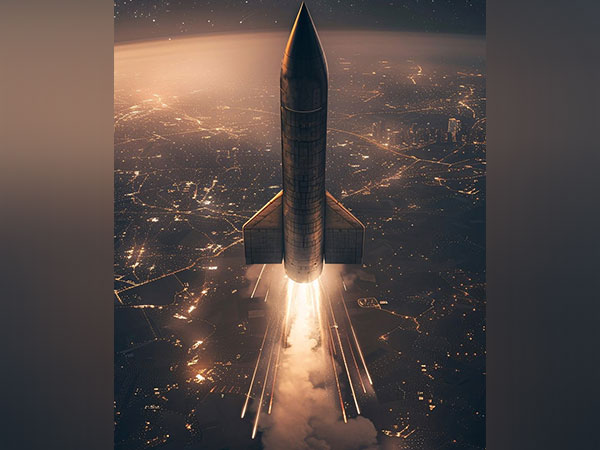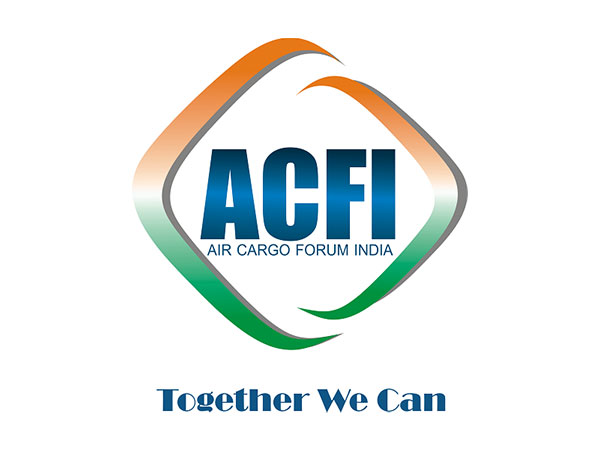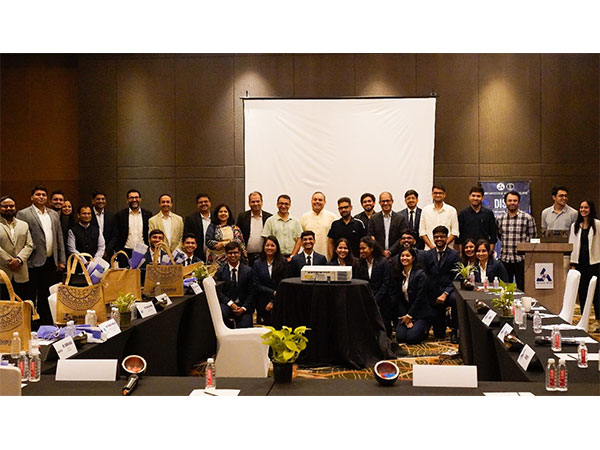Russia integrates Bulava intercontinental missiles into its submarine fleet
May 15, 2024
Moscow [Russia], May 15: Mr. Yury Solomonov, the chief designer of the Bulava missile , confirmed the integration of this missile into the submarine fleet in a decree dated May 7, the day Russian President Vladimir Putin began a new six-year term, according to Newsweek May 14.
The Bulava missile, designed to be launched from a Borei-class submarine , has completed rigorous testing, including a successful test launch from a distance of more than 5,600 km. Development of this missile began in the 1990s.
The Bulava missile represents "a core component of Russia's future strategic nuclear forces", according to the Center for Strategic and International Studies (CSIS, USA).
A recent CSIS assessment highlighted Bulava's potential to deliver 10 independently targeted atmospheric re-entry vehicles (MIRVs), with each MIRV capable of engaging different targets.
Russia's Northern and Pacific Fleet operates seven Borei-class submarines, with each equipped with 16 Bulavas missiles. In November 2023, the Russian Ministry of Defense announced the successful test launch of a Bulava missile from one of the Borei class submarines.
The modernization of Russia's submarine-launched missile systems comes amid rising tensions with the West. President Putin once warned that NATO intervention in Ukraine could escalate into a nuclear conflict .
At the end of last month, Russian Ambassador to the US Anatoly Antonov issued a warning to Washington after US President Joe Biden signed an additional aid bill of about 61 billion USD for Ukraine. "America has chosen the path of war," Mr. Antonov affirmed, according to Newsweek .
Source: Thanh Nien Newspaper








